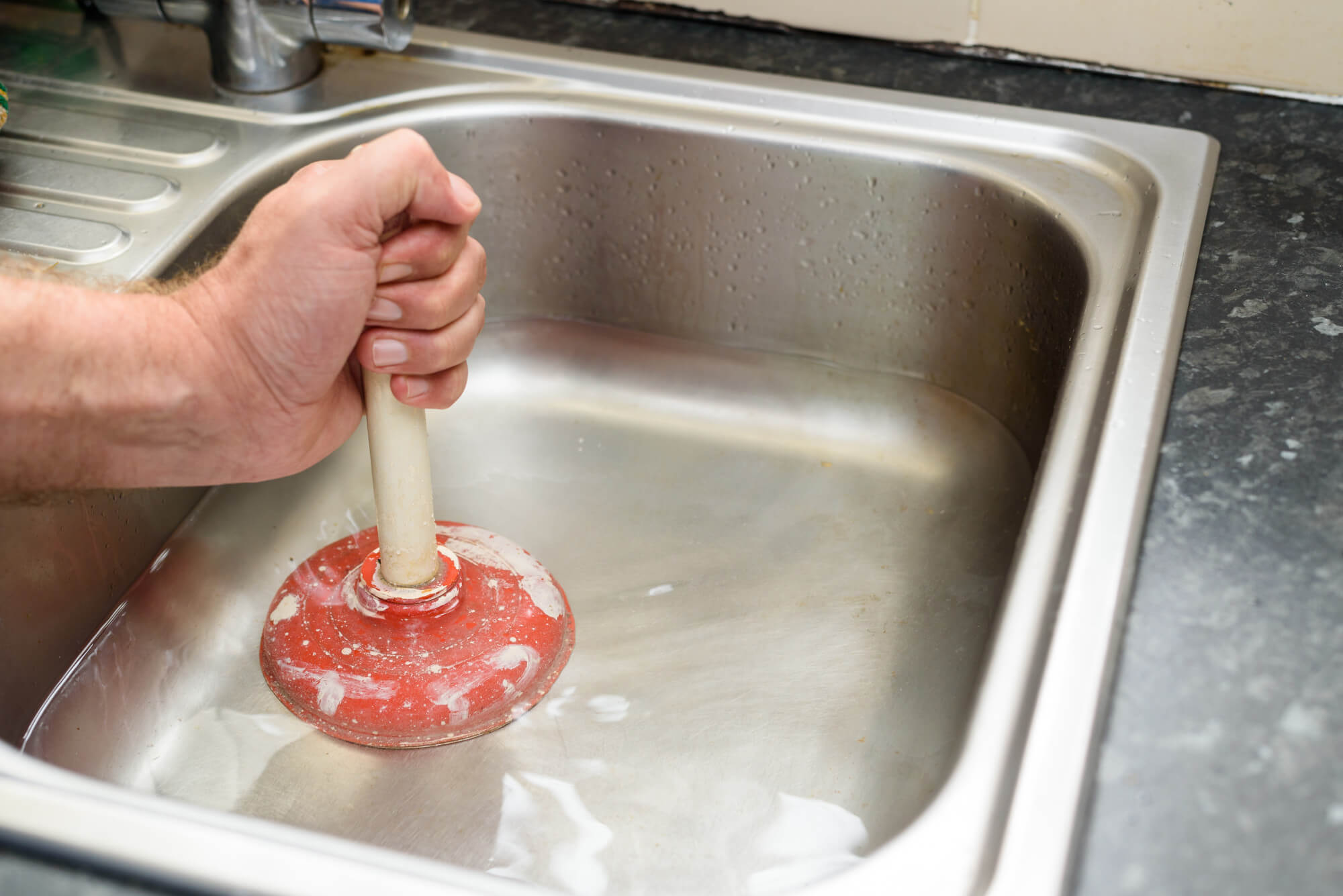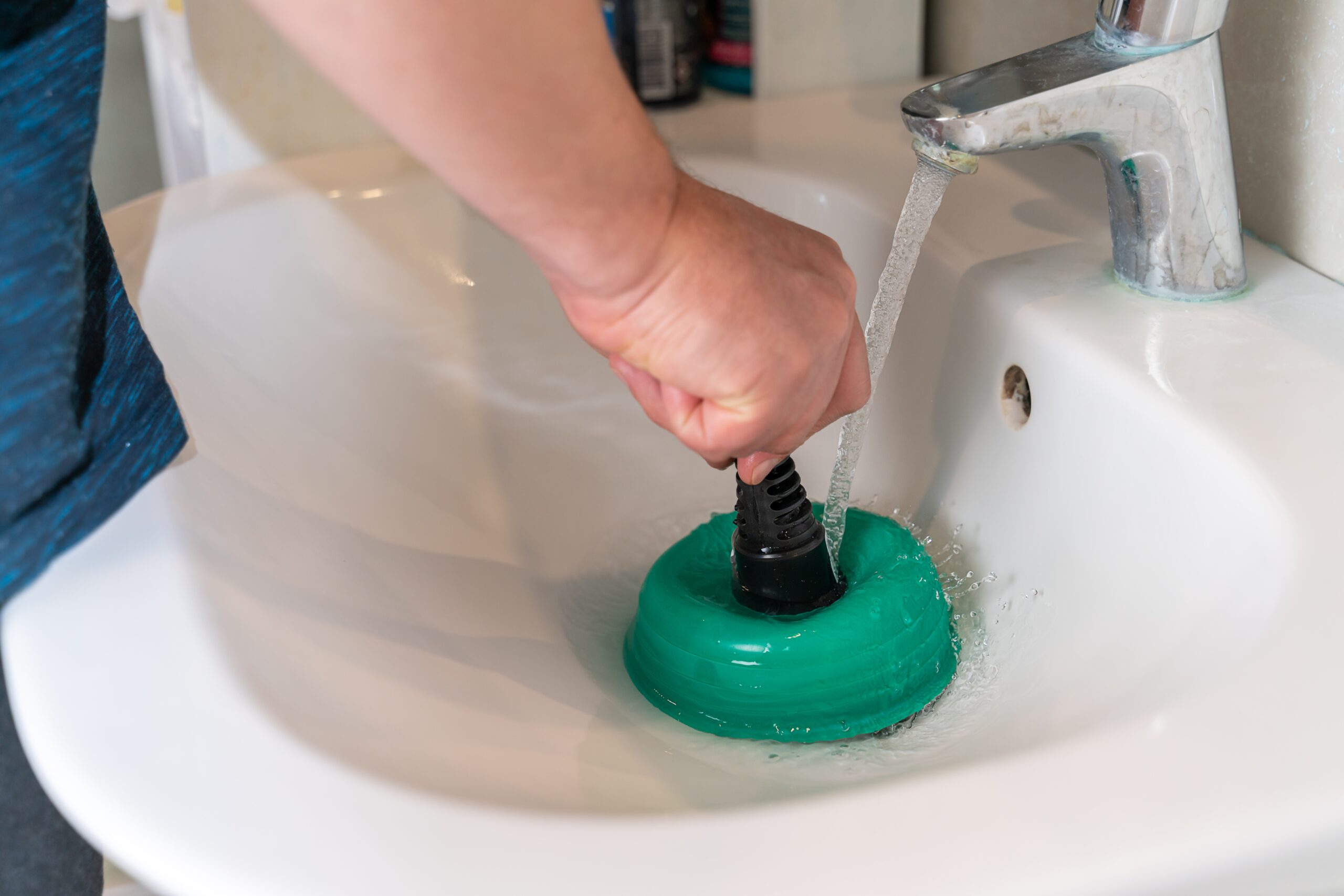The article following next in relation to How to handle a clogged drain in your home is incredibly captivating. Give it a go and make your own personal ideas.

Introduction
Dealing with an obstructed drain can be a frustrating experience, interfering with everyday tasks and possibly triggering damage to your residential property. However, before connecting to pipes experts, there are actions you can take to attend to the concern on your own. In this guide, we'll explore DIY remedies and preventive measures to deal with a blocked drain efficiently.
Determining the Problem
The very first step in dealing with an obstructed drain is recognizing the indicators. Sluggish drain, gurgling sounds, foul odors originating from drains pipes, or water support up are common indications of a blocked drainpipe. Identifying these indicators early can aid stop additionally issues.
Common Reasons For Blocked Drains
Understanding the variables that contribute to drain pipes clogs is important for reliable resolution. Usual culprits include hair, soap scum, grease, food debris, and foreign items like sanitary products or paper towels. Tree origins invading below ground pipelines can likewise cause significant blockages.
Do it yourself Solutions
For minor clogs, a number of DIY remedies can be effective. Pouring boiling thin down the drain can aid liquify oil and debris. Baking soda and vinegar or a mix of salt and baking soda can act as all-natural cleaners. Making use of a bettor or pipes snake to remove blockages is another choice.
Devices and Tools
Having the right devices on hand can make do it yourself drainpipe cleaning more efficient. A bettor is a versatile device for removing obstructions in sinks, bathrooms, and showers. A plumbing snake or auger can get to much deeper clogs, while drain cleaning chemicals can be made use of cautiously for stubborn blockages.
Safety nets
To prevent future blockages, adopting safety nets is important. Set up drain guards or filters to capture hair and debris prior to they enter the pipes. Consistently flush drains with hot water to dissolve oil buildup, and prevent taking care of grease or strong waste away.
When to Call an Expert
While DIY remedies can deal with small blockages, certain indications suggest the requirement for professional support. Relentless clogs, foul odors regardless of cleaning up efforts, or numerous drains supporting at the same time are red flags that require experienced treatment.
Choosing the Right Pipes Service
When choosing a plumbing service, take into consideration variables such as experience, licensing, and client testimonials. Pick a credible plumbing technician with a track record of top quality handiwork and transparent pricing practices.
Expense Considerations
The expense of expert drain cleaning services can differ depending on the extent of the obstruction and the plumbing's prices. Demand quotes from several providers and ask about any type of surcharges to make sure openness and stay clear of surprises.
Safety Measures
When attempting DIY drainpipe cleaning, focus on security. Put on safety gloves and eyeglasses to stay clear of contact with harmful chemicals or microorganisms. Never ever blend various drain cleansing items, as this can generate harmful fumes.
Situation Studies
Real-life instances illustrate the efficiency of DIY remedies and the significance of timely expert treatment in settling drainpipe blockages.
Conclusion
By complying with the pointers outlined in this overview, you can effectively take on obstructed drains and avoid future pipes problems. Whether selecting do it yourself solutions or looking for professional aid, timely activity is crucial to preserving a healthy plumbing system and preserving the integrity of your home.
How to Clear a Clogged Drain Yourself (And When to Call In the Professionals)
What Can Clog a Drain
Dirt Skin flakes Hair Grease Soap scum Food Offset pipes Tree roots Small objects Mineral buildup DIY Tricks to Unclog a Drain
You can fix this! Once you have identified the source of the clog (or have a vague idea), you can try one or a combination of these fixes in order to clear your plumbing.
Wire Hanger or Snake
Untangle and clear out hair from a drainpipe with a homemade snake. Use a straightened-out wire hanger with a 90-degree angle hook to locate the clog and drag out any unwanted material.
Remember not to push the clog further down to where the wire hanger cannot reach! If you need to follow up with a plunger, give it a try. Your efforts might be more successful after it’s been wire-snaked.
If you want to get fancy and don’t have a wire hanger to spare, head to the store and pick up a hand-operated drain snake. You can get one for $10-$30. It may save you the hassle, and provide additional length to reach deep into the clogged pipe.
Plunger
A cup plunger has a suction cup attached to a wooden handle. The rubber creates a seal around the drain, and increases the pressure force of the plunger.
Plunge for 30-second increments to loosen the clog. This may need to be repeated over the course of 15-20 minutes. Once plunged, run the water to flush the remaining material out of the drain.
Remember– never use a plunger if you have used a chemical drain cleaner. These chemicals can splash up from the force of the plunger and cause serious injury or burns.
Boiling Water
Hot water can sometimes break up materials into a flushable amount. Dirt, grease, and soap buildup requires heat in order to unstick from surfaces.
Take your kitchen kettle and heat your water to a boil. Once it reaches a rolling boil, pour it directly down the drain into the blockage. Carefully follow with plunging, if necessary.
Don’t worry if this takes more than one try! It can often take multiple kettles and repeated plunging in order to clear a particularly stubborn clog.
Chemical Drain Cleaner
As a last resort, pick up a bottle of chemical drain cleaner. Drain-cleaning chemicals are potent, and not very good for the environment.
You may need to wear protective eyewear in gloves before handling your bottle of chemical drain cleaner. Follow the instructions printed on the bottle, and flush with water as soon as the instructions allow. Do not follow with plunging.
Baking Soda and Vinegar
As a safer alternative to chemical drain cleaner, baking soda and vinegar can create a chemical reaction that clears tough clogs.
Combine one cup of cleaning vinegar with one cup of boiling water, and set aside. Once you have done this, pour half a cup of baking soda down the drain. Give the baking thirty seconds to settle and cover a large portion of the problem drain.
Following the baking soda, pour down your vinegar and hot water solution. Once the vinegar and baking soda combine, the mixture will bubble and fix. Let this reaction fizzle in the drain for about an hour.
After an hour, follow with a kettle’s worth of hot water. The heat and liquid should flush out any remaining material.
When to Call a Plumber
If your DIY attempts haven’t cleared your clog drain, it’s time to call in a professional. It’s not worth losing access to your kitchen sink or high-traffic bathroom. A clog in a vital area can keep you from the things you’d rather be doing, and derail your routine.
Anytime a clog is causing water to spread is a time to call in a plumbing service. What starts out as a little bit of water can quickly grow into serious, expensive water damage.
Additionally, a serious clog can result in burst pipes or serious leaks. Make sure you know when to take it seriously!
https://myguysnow.com/how-to-clear-a-clogged-drain-yourself-and-when-to-call-in-the-professionals/

I am very interested in and I really hope you appreciated our blog post. Sharing is good. Helping people is fun. I cherish your readership.
Visit Our Site